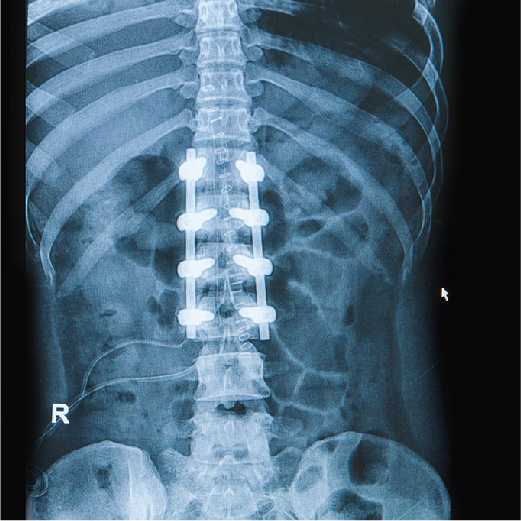What is nerve root irritation?
Nerve root irritation is when the nerves exiting your spine have been irritated and sensitised. This commonly results from structures close to the nerve, such as joints, ligaments, muscles or discs, have sustained an accumulative strain which results in swelling and inflammation. When this swelling and inflammation touches or interferes with the nerve root, the nerve sends strong signals to the brain to let it know that there is a threat.

How does Nerve Root Irritation cause Pain?
Your brain then interprets these signals to then create a protective response to avoid further damage to the nerve. These protective responses vary from people to people and can experience radiating pain down the arm or leg with muscle tightness and guarding. You may also feel numbness, pins and needles, tingling, cramping or an ache sensation. Nerve root irritation also inhibits the body from recovering as fast as it should do.
Nerve irritation is not to be confused with nerve root compression or radiculopathy. This is when the nerve becomes compressed, resulting in loss of its functions like muscle strength and sensation
Sometimes people with nerve root irritation can also experience increased neural tension. Nerves in our body need to be able to adapt to the mechanical loads that we put them through with our regular movements. Restrictions to neural mobility can cause further pain and discomfort along the pathway and distribution of the nerve.
How should I assess my nerve root irritation?
A thorough assessment performed by your physiotherapist at Musculoskeletal Physiotherapy Australia is the best way to diagnose your nerve root irritation. They will be able to guide on any extra investigations or scans that me be required and on your optimal treatment plan.
What should I do to avoid aggravating my nerve root irritation?
- AVOID stretching your leg in a lengthened position. (avoid putting your feet up while sitting or striding out with large steps when walking)
- AVOID sitting for longer than absolutely necessary
- RECEIVE physiotherapy care to get your body moving freely with no restrictions!

How should I treat my Lumbar Nerve Root Irritation?
Your physiotherapist will determine the best course of action with regard to your Nerve Root Compression. This will involve diagnosing the specific cause of your Nerve Root Compression. Usually, treatment will involve decompressing the nerve roots through manual therapy, and strengthening supporting structures, while stretching any tight structures to avoid recurring injury. Your physiotherapist will be able to assess your various lifestyle factors that may be contributing, and advise you on how to adapt while you recover. They will also be able to let you know if you require a medical referral or any additional scanning. Your clinician will then be able to guide you through the rehabilitation process in order to get you back to full strength.
How long will it take for my Nerve Root Irritation to settle?
After a thorough assessment of your injury and your current condition, your physiotherapist will be able to provide a prognosis, or guidance on how long your Lumbar Nerve Root Irritation to settle. With the correct management, most cases of Lumbar Nerve Root Irritation will see improvement quickly and should see full resolution within three months. Your physiotherapist will be able to guide you and advise if it is going to take more or less time.

Tips from our physiotherapists
Keep good care of your body and your physiotherapist will continue to monitor your condition. Once your nerve root irritation has resolved you will be able to resume your full activities and use your arms and legs however you wish without worrying about future flare-ups.



